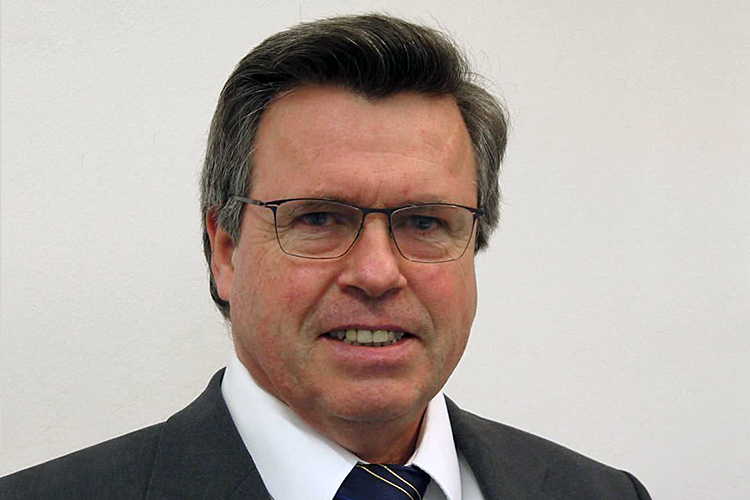Farewell to Professor Georg-Peter Ostermeyer The Managing Director of the Institute of Dynamics and Vibrations is retiring
Technische Universität Braunschweig is saying goodbye to Professor Georg-Peter Ostermeyer of the Institute of Dynamics and Vibrations (IDS) as he retires. He was the institute’s managing director from 2000 to 2022.

Prof. Dr.-Ing. habil Georg-Peter Ostermeyer. Photo credit: Georg-Peter Ostermeyer/TU Braunschweig
Georg-Peter Ostermeyer studied mathematics, physics, education and philosophy at TU Berlin and TU Braunschweig. After completing his studies in 1979, he received his doctorate in engineering from the Faculty of Mechanical Engineering at TU Braunschweig in 1984 and his habilitation with the venia legendi for mechanics in 1989.
After working in industry (1988-1992), he went to TU Berlin as Professor of Mechanics (1992-2000) and in 2000 followed a call to the Carolo-Wilhelmina as Head of the Institute of Dynamics and Vibrations. From 2017 to 2021, he was Dean of Studies at the Faculty of Mechanical Engineering.
His commitment to teaching and the quality of his lectures, especially on engineering mechanics and the modelling and simulation of dynamic systems, will be remembered for a long time. In 2005, he launched the “Ideenwettbewerb MacGyver”, in which pupils and students had to solve a tricky task in the style of the eponym with limited resources, but a lot of creativity and engineering instinct. Until 2018, the “Ideenwettbewerb MacGyver” was one of the central events on TU Braunschweig’s Open Day (TUDAY/TUNIGHT).
In the field of friction, his research work has attracted worldwide attention. He has been a central co-organiser of international conferences on braking systems. Over several generations of doctoral students, new modelling and simulation techniques as well as friction measuring devices were developed under his leadership, which were able to unlock the secrets of the still largely misunderstood phenomenon of friction.
His research on the dynamics of deep drilling systems also achieved high national and international visibility. For example, Professor Ostermeyer was significantly involved in the initiation and implementation of the Lower Saxony Research Association for High-Performance Drilling Technology and Geothermal Energy (gebo – niedersächsischer Forschungsverbund für Hochleistungstechnik und Geothermie), which he finally also headed as spokesperson. This resulted in numerous research cooperations with research institutions and the drilling service industry, which produced a large number of successful doctoral theses.
